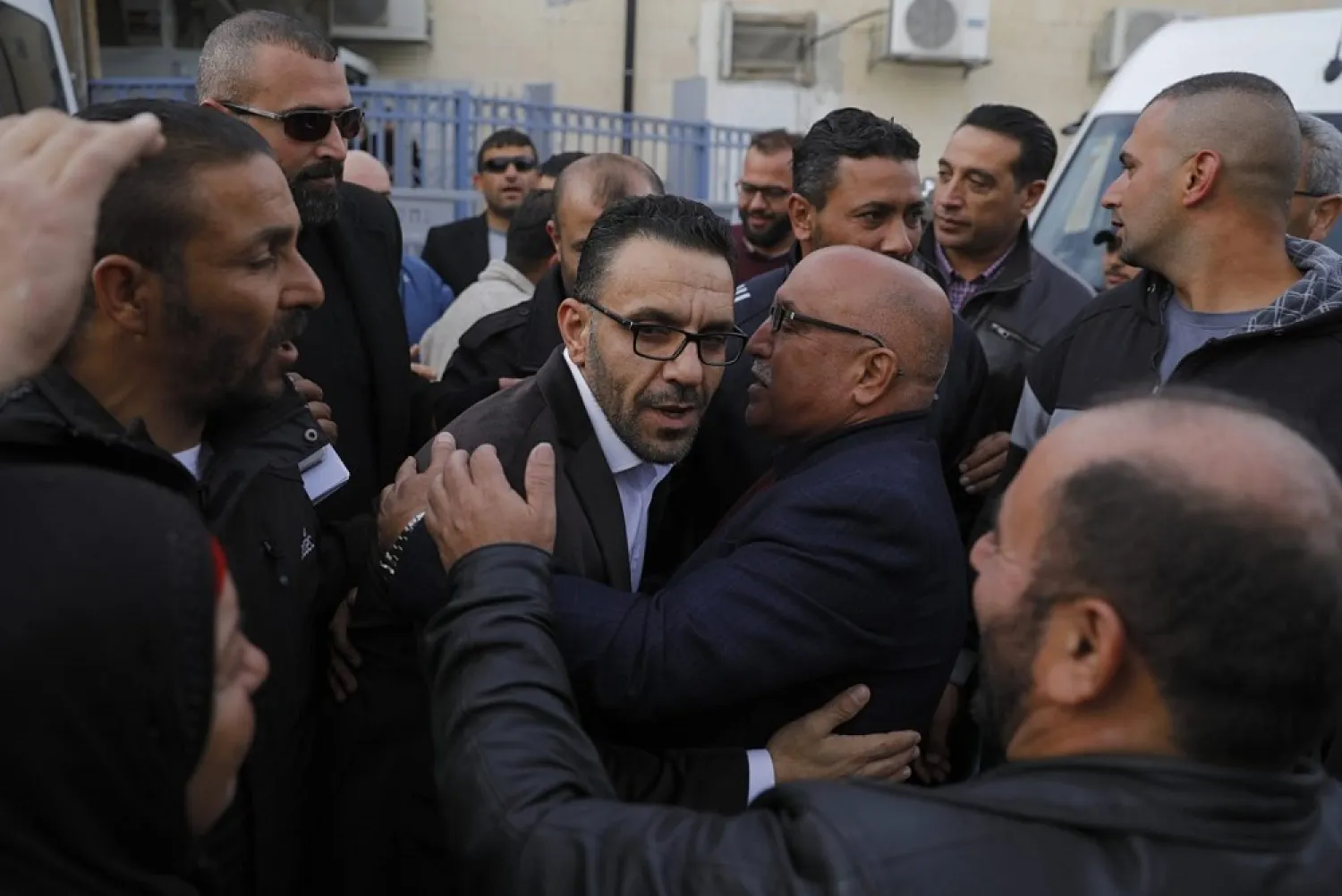The Israeli Magistrate Court in Jerusalem ordered on Tuesday the release of Jerusalem Governor Adnan Ghaith, who was detained on “terrorism” charges in July.
The Palestinian news agency (WAFA) said that Ghaith and Jerusalem intelligence chief, Jihad al-Faqih, were released and ordered to avoid contacting each other and the Fatah and Palestinian leaders in the Israeli-occupied West Bank.
Ghaith has been arrested by Israeli security forces more 17 times over the past two years, but typically over the minor offence of engaging in "illegal" political activities in the disputed city.
Israel occupied east Jerusalem in the 1967 Six-Day War and later annexed it in a move never recognized by the international community.
It considers the entire city its capital, while the Palestinians see the eastern sector as the capital of their future state.
Israel bans all Palestinian Authority activities in the city.
As a result, the PA has a minister for Jerusalem affairs and a Jerusalem governor located in Al-Ram, just on the other side of an Israeli wall that separates the city and the West Bank.
Ghaith has repeatedly been arrested for allegedly carrying out PA activities in east Jerusalem, including for working to ensure Palestinians in the city had access to essential services in the battle against coronavirus.









